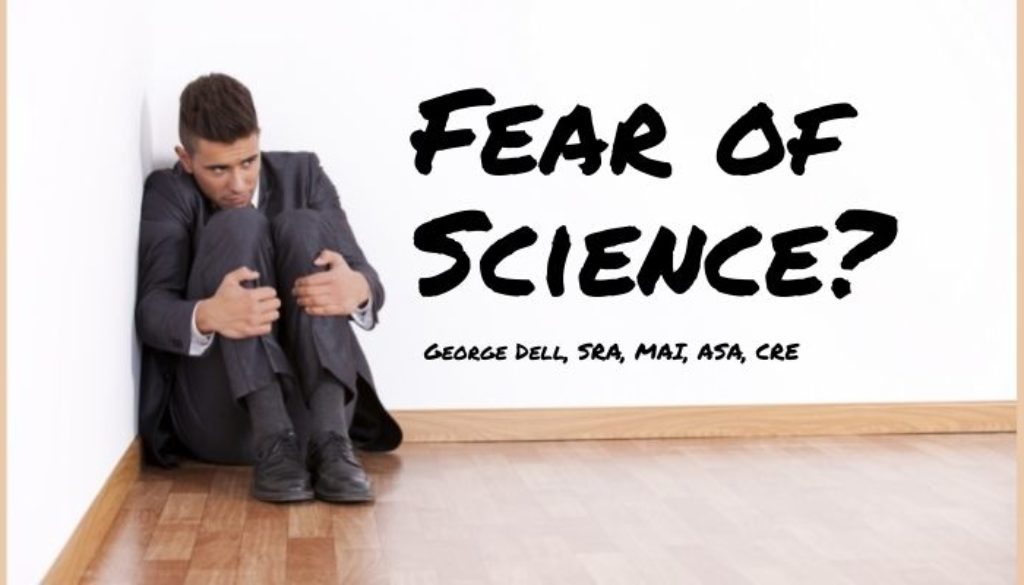Science is systematic way to build and organize knowledge. What’s to fear?
Science is a search for the truth. Scary . . .
How can the search for truth be scary?
It is especially easy to deny the results of systematic study, if one can latch on to other’s fears, perpetuated misinformation, and wishful thinking. It is difficult to consciously face fears, question one’s own knee-jerk reactions, and apply critical thinking. Uncomfortable.
Who wants to be uncomfortable? Let’s avoid that!
The easiest way to avoid is to just deny reasons. Deny the explanations of the new ways. Even if the new ways present the truth – if only allowed a chance. Denial, that’s the answer. Avoidance and denial.
So why do people fear and avoid science? We can boil this down to some basic, even rational reasons. It can be: 1) faith (which need not be religious); 2) hard to understand; 3) loss of personal or professional relevance; 4) inconvenience and interference with preconceived ideas.
Faith can come from the personal practical reason that “what I’ve been doing works.” A societal reason can be that traditional ways become embedded in the law, education, and “interaction inertia.” An example of interaction inertia is found in our appraisal modernization movement. 
One or more appraisers can start to use better logic, data analysis, and delivery. But reviewers and clients resist – for the very same reasons we enumerate here; (faith, difficulty, personal relevance, and even laziness). Worse, the inertia becomes embedded in standards (do what clients expect; do what everyone does). In regulations. And in a regurgitated, established, and exalted “body of knowledge”.
Science can be hard to understand. Science requires the “scientist” to have special knowledge and expertise in the field of study. Just as appraisal seems to be difficult for non-appraisers, any field is difficult for non-specialists. If it’s difficult, it’s easier to just avoid facing it.
Today, science topics seem to require more math and statistics. A person may have a math phobia. And a whole discipline may have resistance to change from traditional ‘inferential’ statistics to modern data science methods. (Data science emphasizes ‘complete-data’ analysis, rather than ‘sample statistics.’)
Thus, appraisal modernization encounters at least a doubling of resistance factors. It’s scary, it’s difficult, and it’s embedded in law, custom, expectations, and reiterated education and field-apprentice training from someone expert in the old ways.
Why rock the boat?
“I’m gonna retire anyway!”

September 8, 2021 @ 8:56 am
Good stuff once again.